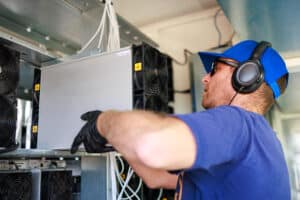In 2020, the NVIDIA RTX 3090 was a GPU mining legend. With its high hash rate and massive memory bandwidth, it earned a spot as a favorite among home miners and crypto hobbyists.
But fast forward to 2025, and the landscape has changed dramatically.
In this blog, we’ll break down:
- Exactly how much a 3090 can mine per day right now
- Whether it’s still profitable in today’s market
- How GPU mining compares to industrial-scale Bitcoin mining
- Why high-net-worth investors are moving away from GPUs toward more strategic mining infrastructure
Let’s dig into the real numbers — and the real opportunity.
What Coins Can the 3090 Still Mine in 2025?
The RTX 3090 was primarily used for mining Ethereum — until Ethereum switched to proof-of-stake in September 2022. That move rendered it unmineable.
Today, the 3090 can still mine altcoins like:
- Ergo (ERG)
- Ravencoin (RVN)
- Flux (FLUX)
- Conflux (CFX)
- Kaspa (KAS)
These coins use algorithms like KawPow, Autolykos, and ProgPow, which remain GPU-compatible. However, their profitability is far lower than Ethereum’s golden era.
So, How Much Can a 3090 Mine Per Day in 2025?
Let’s look at realistic numbers based on June 2025 data:
| Coin | Daily Earnings (Gross) | Power Consumption | Net Profit (at $0.10/kWh) |
| Kaspa (KAS) | $0.65 | ~350W | ~$0.32/day |
| Ergo (ERG) | $0.45 | ~320W | ~$0.14/day |
| Ravencoin (RVN) | $0.50 | ~360W | ~$0.08/day |
| Flux (FLUX) | $0.55 | ~370W | ~$0.05/day |
???? Average Net Profit Across Coins: ~$0.15–$0.30 per day
Alt Text (for graphic): Table showing daily profit of RTX 3090 mining Kaspa, Ergo, RVN, and Flux in 2025
The Hidden Costs: Why It’s Not That Simple
If you think $0.30/day sounds low — you’re right. That’s before factoring in:
- Hardware cost ($1,000+ for a used 3090)
- Electricity costs (which can spike regionally)
- Heat and noise (running 24/7 in your home)
- Coin price volatility
- Mining pool fees
Even under optimal conditions, a 3090 might make $9/month net. At that rate, it could take 10+ years to break even — assuming it doesn’t fail first.
What About Bitcoin? Can a 3090 Mine That?
Here’s the catch: the 3090 can’t mine Bitcoin profitably.
Bitcoin uses the SHA-256 algorithm, which is far too complex for GPUs to handle efficiently. That’s why professional miners use ASICs (Application-Specific Integrated Circuits) — purpose-built machines designed solely for Bitcoin mining.
For context:
| Hardware | Daily BTC Mined | Net Profit (Est.) |
| RTX 3090 | Negligible | ~$0/day |
| Antminer S21 (200 TH/s) | 0.00024 BTC (~$15) | ~$8–$10/day |
Alt Text (for graphic): Comparison chart of 3090 vs Antminer S21 showing negligible BTC yield for 3090
Why High-Net-Worth Investors Skip GPU Mining
GPU mining today is closer to a hobby than an investment strategy. It’s limited, volatile, and inefficient. That’s why serious investors are shifting toward infrastructure-based Bitcoin mining powered by ASICs and institutional energy contracts.
At Abundant Mines, we help high-net-worth clients:
- Acquire ASIC miners reliably
- Secure hosting in energy-advantaged U.S. facilities
- Reduce taxable income via Section 179 depreciation
- Generate passive bitcoin yield daily
Imagine earning 20–25x more per machine than a 3090 — with better uptime, hands-off operation, and tax benefits that can offset 30–40% of your investment in year one.
The Bigger Picture: What’s Your Mining Strategy?
Here’s the question smart investors are asking in 2025:
“Do I want to make a few cents a day… or build long-term wealth through Bitcoin infrastructure?”
The RTX 3090 had its moment — but today, it’s a relic in a market that rewards scale, efficiency, and professional execution.
If your goal is:
- Passive income
- Tax efficiency
- Bitcoin accumulation
- Diversification from traditional markets
Then GPU mining isn’t the vehicle — ASIC-powered Bitcoin mining is.
Ready to See What Real Mining Looks Like?
Book a strategy call with Abundant Mines and see how high-net-worth investors are building Bitcoin mining portfolios that beat inflation, reduce taxes, and run passively — without needing to lift a wrench or monitor hash rates.
Disclaimer: The information provided in this blog is for informational and educational purposes only and should not be construed as financial advice. Please consult with a financial advisor or conduct your own research before making any financial decisions.



